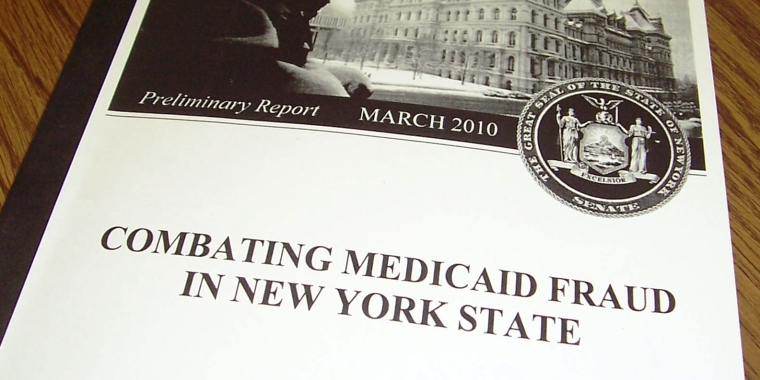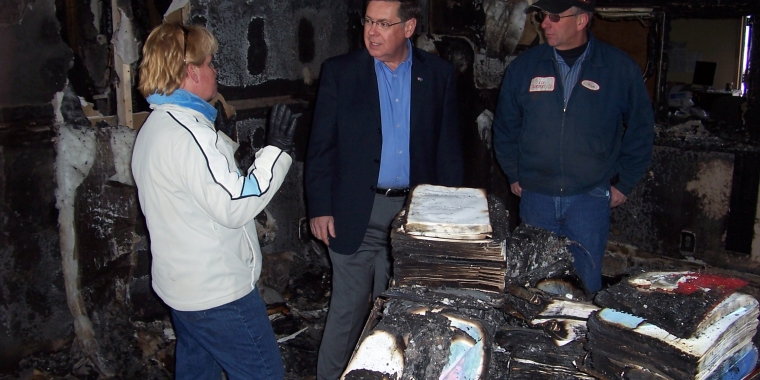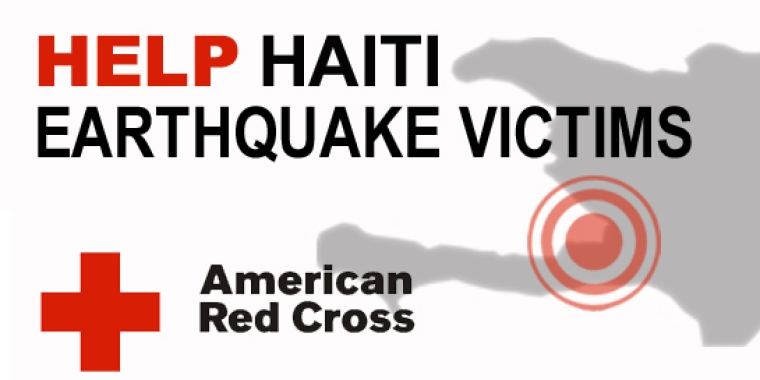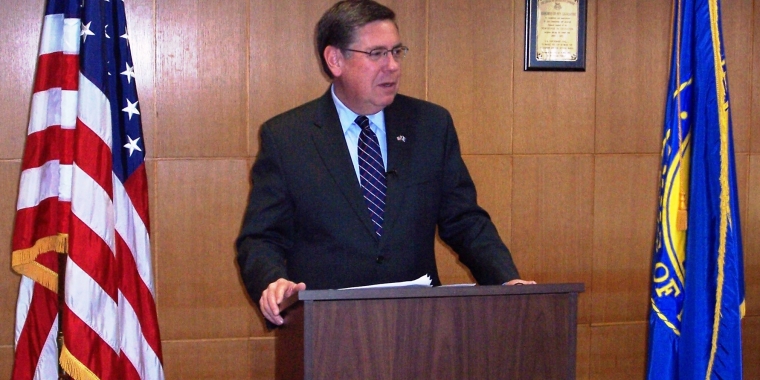
Medicaid Reform Equals Substantial Savings
James L. Seward
March 19, 2010
-
ISSUE:
- Medicaid

Several weeks ago I detailed the need for Medicaid reform with a renewed focus on fraud and abuse of the system. At the time, a special task force set to work searching for real savings. The task force held hearings around the state and solicited expert opinion from those on the front line, district attorneys, county executives and other experts. Now an initial report has been released.
First some facts. In less than ten years, enrollment in the Medicaid program has jumped from 2.7 million in 2000 to 4.4 million in June 2009. The program represents the largest single component of the state’s budget, projected to cost over $1 billion a week in 2010. New York spends 70 percent more than the national average on Medicaid; more than California and Texas combined. The sheer size of the program opens the door to fraud, waste and abuse.
Certainly, both short term and long term measures need to be considered to revamp the system. The special task force has pinpointed a number of immediate measures that, when implemented, can save taxpayers up to $500 million a year. The sweeping set of policy recommendations will empower localities to boost their own Medicaid fraud efforts, more aggressively combat waste and the overutilization of services, and make the system more accessible to those who truly need assistance.
Among other things, the recommendations would authorize the referral of all fraud cases to local district attorneys, per their request, in order to reduce the amount of time it takes to prosecute fraud, while permitting counties to keep a portion of all fraud recoveries they obtain.
In addition, the task force recommends allowing counties to have access to the state Medicaid data warehouse so they may use additional information to uncover billing patterns that may suggest fraud or the overutilization of services. The task force also calls for creation of a new automated system to alert counties when their residents become incarcerated, and therefore, ineligible for Medicaid.
Through testimony from a data mining company, the task force learned that ensuring generic drugs are properly dispensed when the physician does not specify a brand name drug would save approximately $300 million alone.
It is also imperative that we provide localities with the tools they need to join the fight against fraud. Last year legislation was approved by the governor eliminating several defenses against Medicaid fraud. Finger imaging, face to face interviews, and a review of income and assets have been dropped from the Medicaid eligibility determination process. I opposed the change and support the reinstatement of these valuable abuse defense mechanisms.
Additional task force recommendations include:
Requiring recipients to choose a primary doctor and a primary pharmacist, similar to managed care plans to help thwart “doctor shopping”;
Allowing elected comptrollers, treasurers, or other appointed officials to audit Medicaid claims;
Preventing individuals from being forced to go to other counties or states for long-term care.
Over the years I have been at the forefront of efforts to reform Medicaid and in 2006 won passage of a key law capping the growth in the county share of Medicaid costs, saving counties hundreds of millions of dollars. Additional legislation passed in 2006 established a new, independent office of Medicaid inspector general, created new health care fraud offenses and launched new information sharing protocols to assist fraud investigations. Now it is time to move forward with another wave of critical reforms.
State spending is being scrutinized at every turn, as it should be. Again, by enacting the recommendations in the task force report we can realize $500 million in savings in the next fiscal year. The potential savings can help in other part of the budget and may help keep teachers in our classrooms, save our state parks, preserve vital health programs, and provide relief for taxpayers.
Share this Article or Press Release
Newsroom
Go to NewsroomSeward Vows To Help Ashland Rebuild
January 15, 2010

Freeze High Energy Bills
January 14, 2010
Haiti Earthquake Relief Efforts Underway
January 14, 2010

CSI - Upstate
January 8, 2010
